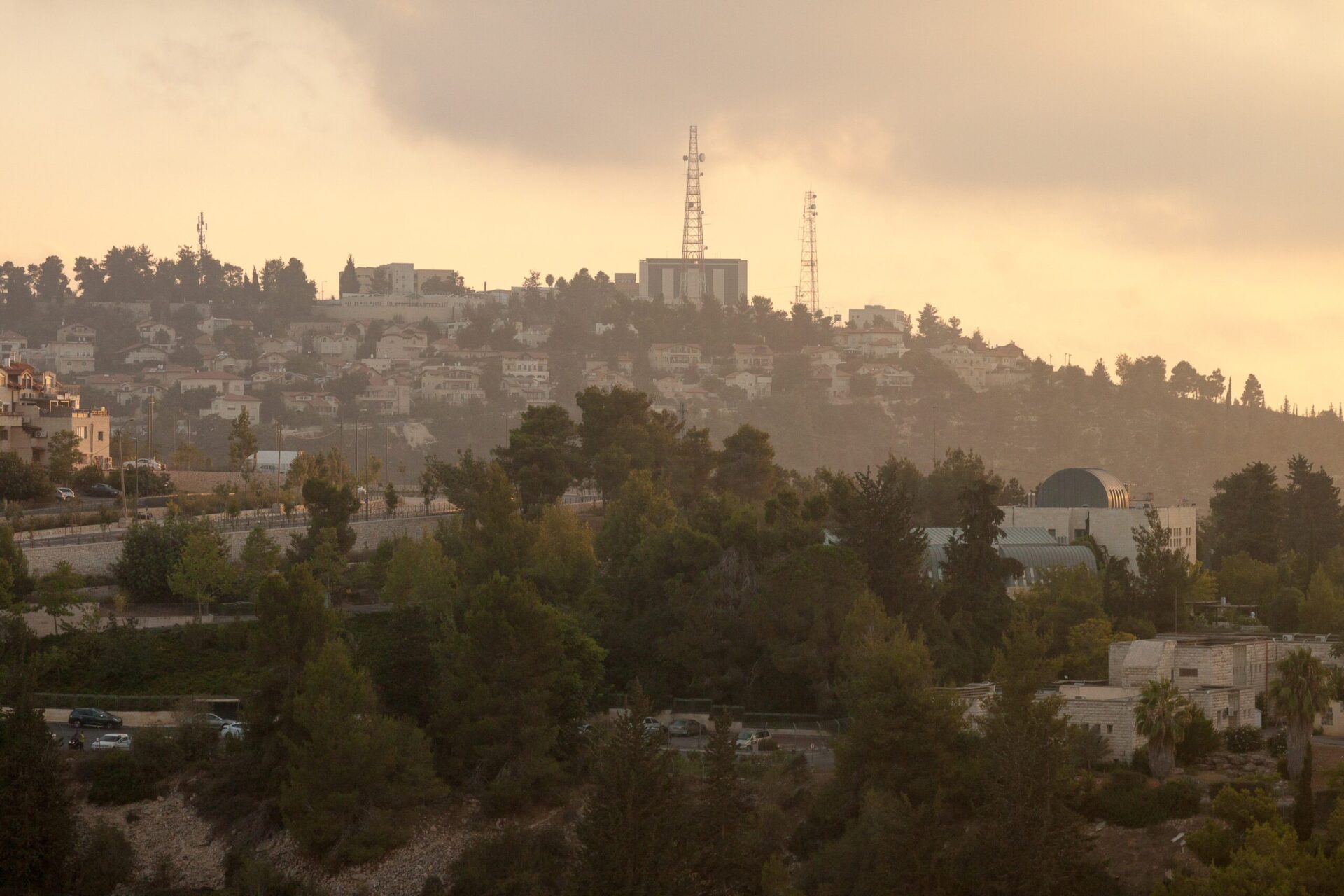(The Henry Jackson Society) – B.M.S. Your new book, ‘The Fight for Jerusalem’, is unique as it effectively manages to fuse both contemporary realities and policy analysis with the historical, cultural, religious and even archaeological backgrounds to the region. This is rarely achieved as focus is usually granted to only one of these factors at best. You demonstrate how historically, territorial concessions that are made as part of conflict resolution have become springboards for further terrorist attacks elsewhere in the world. In over a decade’s worth of experience with the ‘land for peace’ paradigm, has Israel not realized that this has generated further attacks? Why does it continuously revert back to this failed approach?
D.G. We have a deep perceptual problem across the Western alliance about how to halt the advance of radical Islam. Unfortunately many in the West believe that radical Islam springs up from ongoing political grievances with respect to the Israeli-Palestinian conflict. Indeed many European leaders are convinced that if they could resolve tomorrow the Israeli- Palestinian conflict, this would lower the flames of radical Islamic rage, weaken al-Qaeda, and improve the security of the Western alliance including the security of Europe.
However in ‘The Fight for Jerusalem’, I demonstrate that this assumption is completely false. In fact what leads to the spread and growth of radical Islam are not political grievances, but rather a sense of victory. That is the gasoline that is fuelling the engine of al-Qaeda. We also see this in several historical examples. al-Qaeda was not formed in relationship to any of Israel’s wars whether it be in 1948, 1948 1956, 1967 or 1973, but in 1989 when the Soviet Union was defeated in Afghanistan and withdrew. That led the founders of al-Qaeda to conclude that they had just defeated a superpower. They had scored a huge victory against the great powers of the day and they were replicating Islamic history. In the 7th Century, the armies of Mohammed and the early Caliphs eventually decimated both the Persian and Byzantine empires, and spread Islam from N. Africa to China.
Essentially what we learn from the Soviet withdrawal from Afghanistan is that the sense of victory that the Arab mujahadeen who fought there had, led them to conclude that they should form al-Qaeda and challenge the other great Superpower-the US along with its allies. A second time a withdrawal has a powerful impact upon the growth of Jihadism is when Israel withdrew from Southern Lebanon. That led to the perception that, “Israel had a national will as thick as a spider web”, to quote Sheikh Hassan Nasralla, the Secretary General of Hezbollah. It was followed by a massive rearmament of Hezbollah by Iran.
Read Full Article: The Henry Jackson Society
Barak Seener is the CEO of Strategic Intelligentia and a former Middle East Fellow at the Royal United Services Institute (RUSI). He is on Twitter at @BarakSeener.


